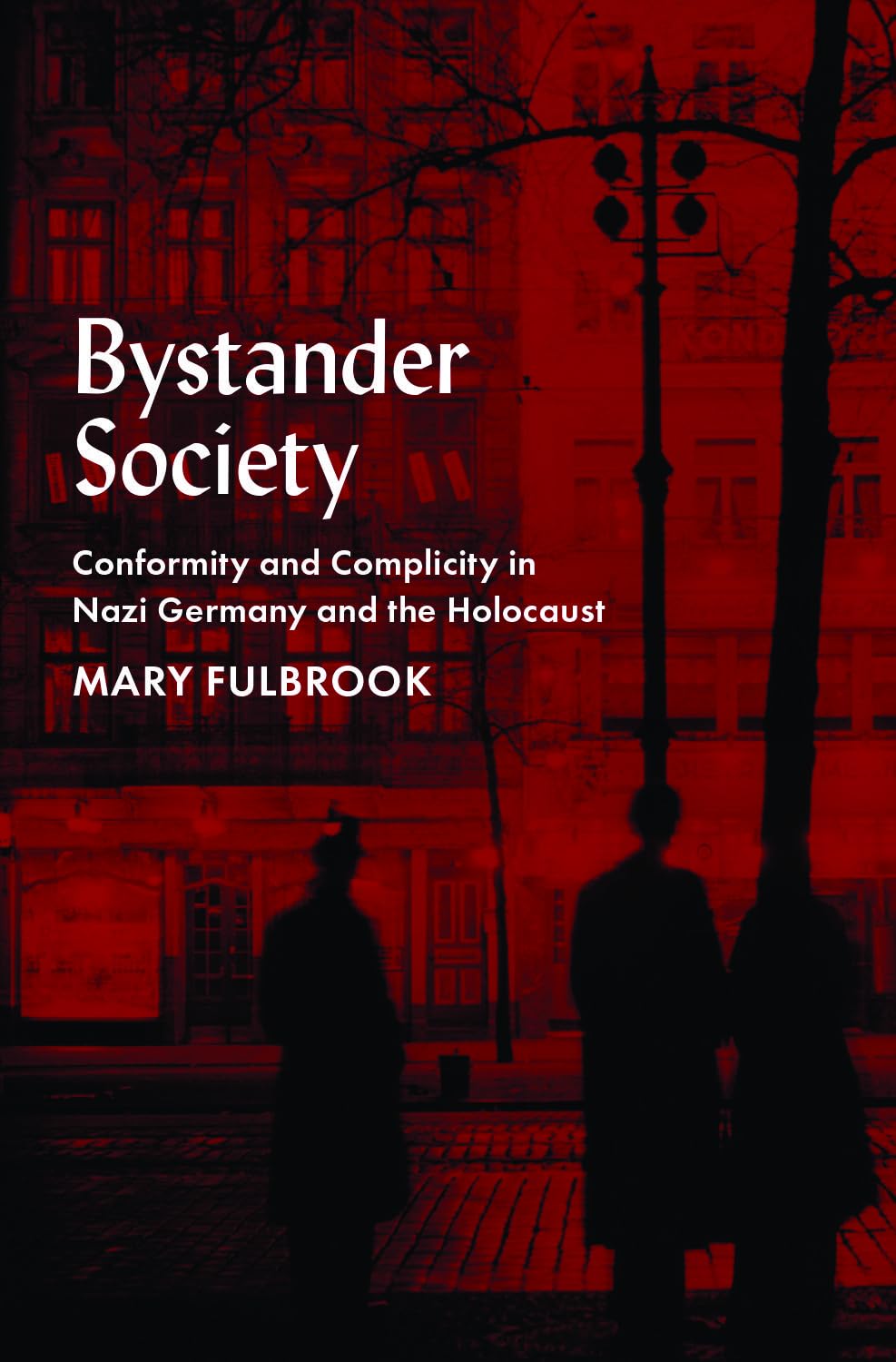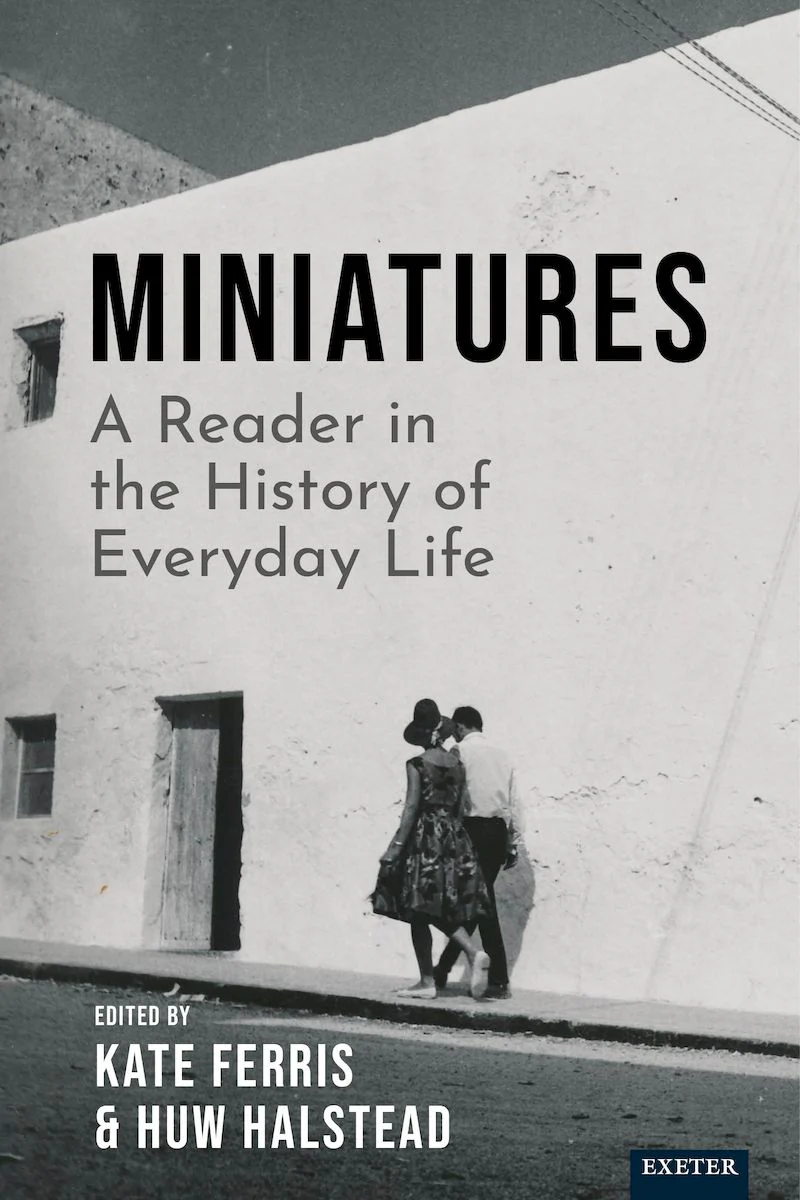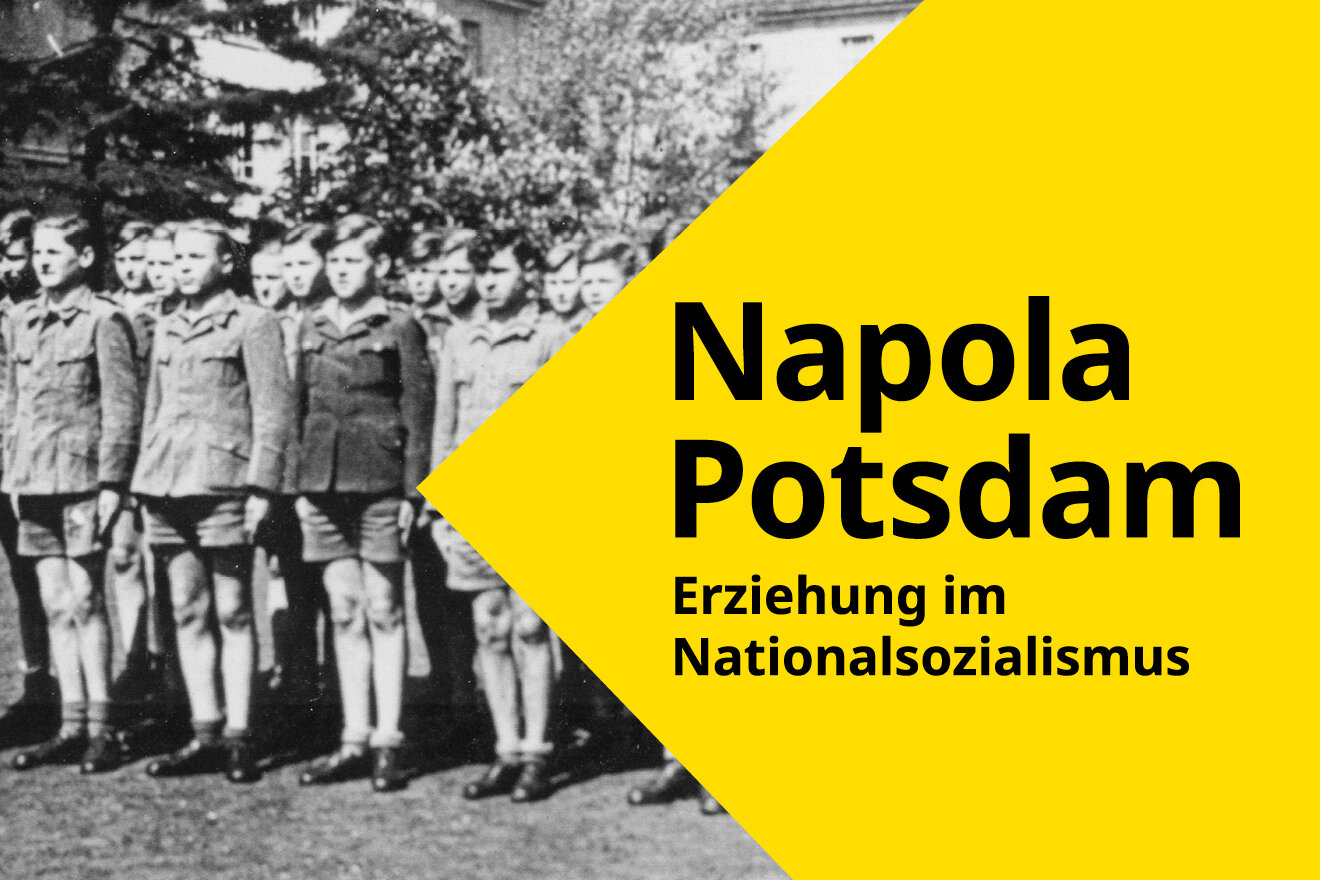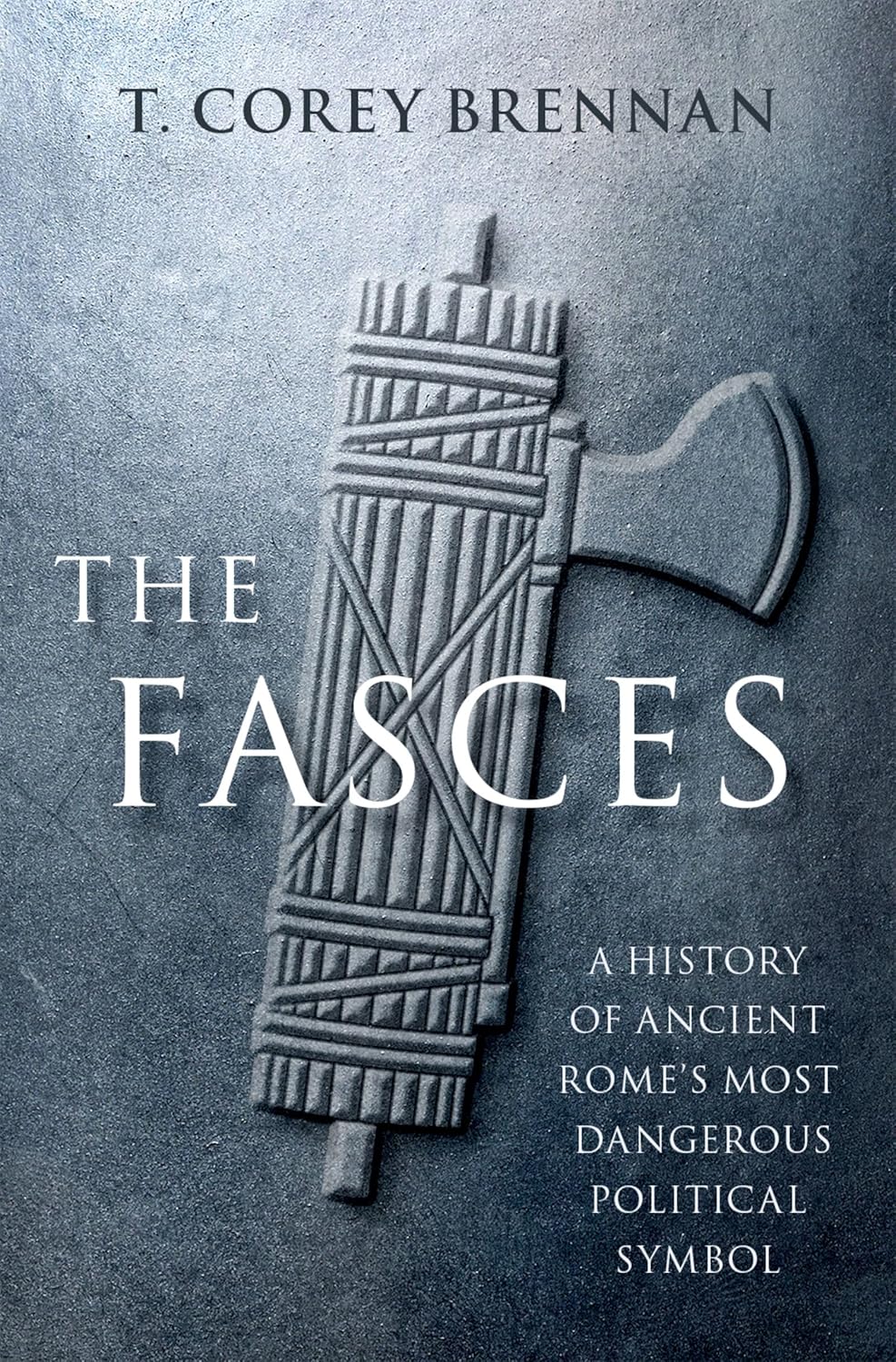Work
Public lecture, presented at the Ratsaal des Bürgerhauses, Nordhausen Town Hall, Nordhausen am Harz, 9 May 2025.Read more...
Keynote paper, delivered at an international interdisciplinary conference on 'Laughter as a Political Coping Mechanism', University of Durham, 28 March 2025.Read more...
Presented at the Digital Humanities Town Hall, University of Durham, 19 March 2025.Read more...
Invited lecture, given to students at Durham Sixth Form Centre, 18 March 2026.Read more...
Invited presentation, presented at the Durham University Game Studies Mindgames Workshop, University of Durham, 6 March 2025.Read more...
 Review of 'Bystander Society' by Mary Fulbrook
Review of 'Bystander Society' by Mary FulbrookReview of Mary Fulbrook's Bystander Society: Conformity and Complicity in Nazi Germany and the Holocaust (Oxford, Oxford University Press, 2023), The English Historical Review 140, Issue 602, February 2025, pp. 266–268.
In a political landscape where the stability of democracy seems once again to be embattled by the rise of far-right parties, Mary Fulbrook’s exploration of how quickly the general population might condone the ultimately genocidal persecution of minorities under an authoritarian regime is both salutary and sobering.Read more...
 'Diary of a Schoolboy in Nazi Germany'
'Diary of a Schoolboy in Nazi Germany'in Miniatures: A Reader in the History of Everyday Life, ed. Kate Ferris, Huw Halstead, Exeter (University of Exeter Press), 2025, pp. 54-65.
In spring 1936, teenage schoolboy Dick Hargreaves was given the chance to go on an all-expenses-paid exchange trip to Germany. But this was no ordinary school exchange – Hargreaves’ destination was Oranienstein, one of a system of new elite boarding schools known as Napolas. An accompanying essay demonstrates the ways in which this ego-document can help us understand the nature of dictatorship.Read more...
 'Napola Potsdam' Exhibition at the Brandenburgische Landeszentrale für politische Bildung
'Napola Potsdam' Exhibition at the Brandenburgische Landeszentrale für politische BildungIn 2024-5, Helen collaborated with Brandenburg's State Centre for Civic Education on an exhibition featuring the history of the Napola in Potsdam. The current site of the Centre, and the current State Government of Brandenburg, used to be the site of the Nazi elite-school in Potsdam. The Centre welcomed this opportunity to explore the contested history of the location. The exhibition will run until 8 October 2025 and is free to all members of the public.Read more...
Despite the global importance of the gaming industry, and the centrality of video-games and contemporary boardgames as cultural artefacts in the modern world, historians beyond the sub-discipline of Historical Game Studies have often failed to consider games seriously as historical sources, while game-industry professionals do not necessarily consider explicit historical methodologies when designing games set in the past.Read more...
 'A (Partial) Encyclopedia of the Fasces'
'A (Partial) Encyclopedia of the Fasces'Review of T. Corey Brennan's The Fasces: A History of Ancient Rome's Most Dangerous Political Symbol (New York: Oxford University Press, 2022), Arion: A Journal of Humanities and the Classics 32 (1), Spring/Summer 2024, 177-91.
The fasces—the bundled axes and rods which symbolized power and punishment in ancient Rome—have often exerted a powerful hold on the Western imagination, long before their adoption by Mussolini led to their co-option for the term “fascist”, with all of its stark, unsavory, and brutal political connotations.Read more...
